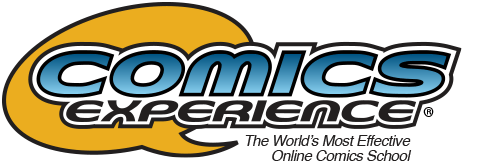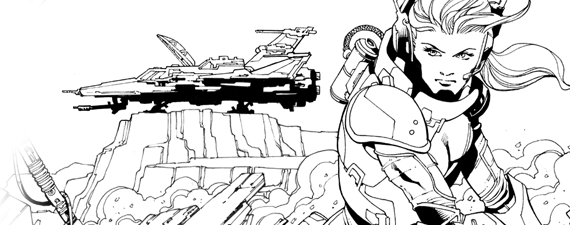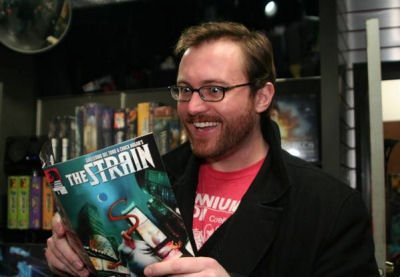 Dark Horse associate editor Jim Gibbons joined the Comics Experience Creators Workshop recently to discuss his career, Dark Horse Comics, and the art of editing comic books, including Black Beetle and the award-winning anthology Dark Horse Presents.
Dark Horse associate editor Jim Gibbons joined the Comics Experience Creators Workshop recently to discuss his career, Dark Horse Comics, and the art of editing comic books, including Black Beetle and the award-winning anthology Dark Horse Presents.
During the session, Jim was also asked about the best way to break in to the comics industry.
“I think making comics is your best resume or your best pitch to working in comics,” he said. “If you send me a 100-page Word document and you’re like, oh, I’ve got the next 100 Bullets here–I don’t think anyone’s going to really take that pitch seriously until you’re a guy like Brian Azzarello.”
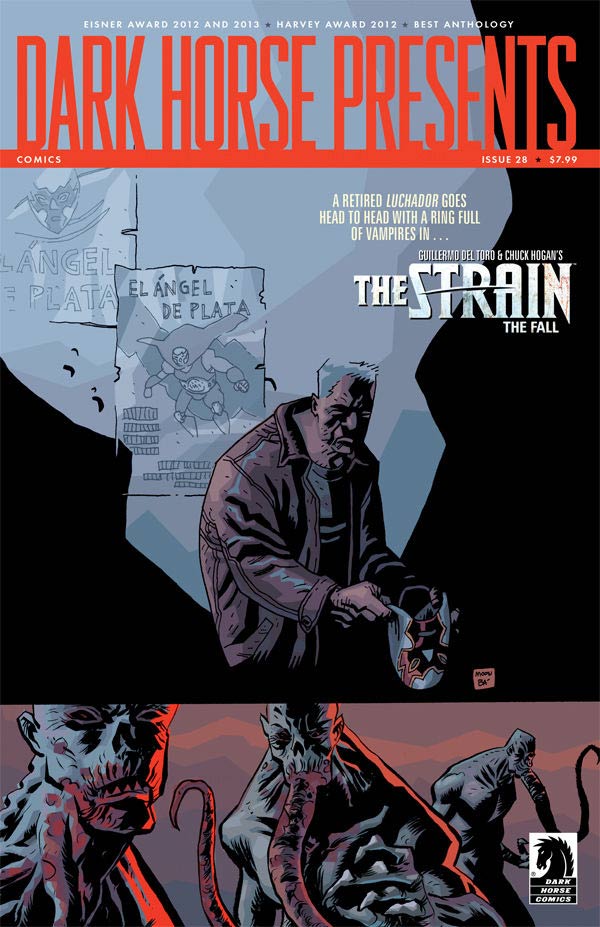 Jim explained that the most important thing for him as an editor is seeing that a creator knows how to tell a story, as opposed to showing an ability to put together an extensive pitch package.
Jim explained that the most important thing for him as an editor is seeing that a creator knows how to tell a story, as opposed to showing an ability to put together an extensive pitch package.
“If you can show me four pages that convey that you know how to tell a story, or a comic you’ve written that can convey that…that ends up standing out a lot more because it takes a lot longer to read a script,” Jim said. An editor can look at a comic and get a feel for if it’s working or not in about five minutes, Jim added.
Another benefit of a shorter story is that it either highlights (or exposes the lack of) crucial character work immediately.
“If you can’t put together a short story that conveys some information about a character or some sort of little character journey or something like that, then it’s going to be very hard to cut through everything else you’ve got going in a pitch.”
Jim likes to work with creators who show enthusiasm for their work, and those creators are the ones Jim tends to remember later.
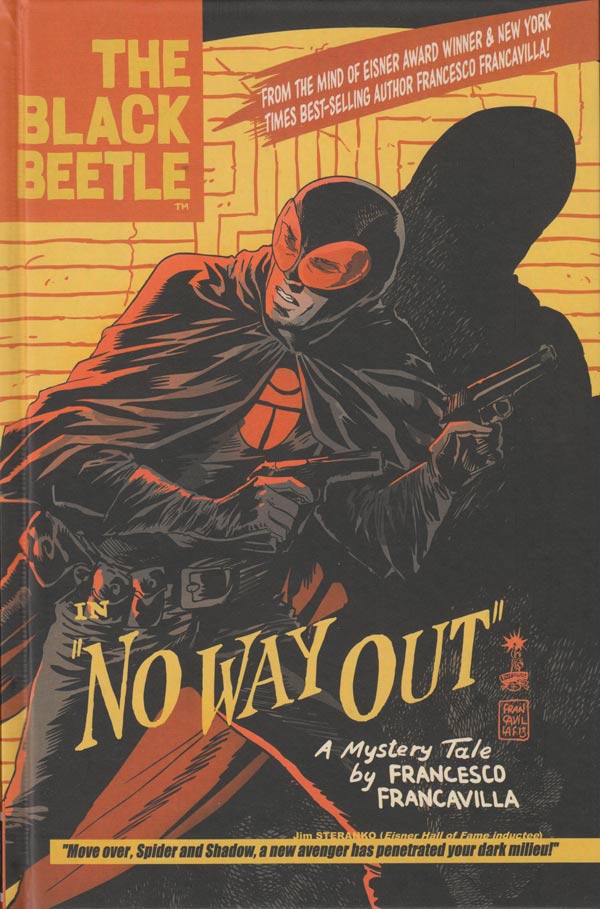 “It’s not necessarily about making something because it’s going to make you money,” he said. “It’s about making something because you have a story you really want to tell and you’ve just got to do that.”
“It’s not necessarily about making something because it’s going to make you money,” he said. “It’s about making something because you have a story you really want to tell and you’ve just got to do that.”
In short, in an age where creators have multiple avenues for distributing their self-published work, from digital to webcomics, there’s nothing stopping a creator from starting to make comics.
“I think DIY is a really good way to get yourself into comics. If you’re taking the time to do it on your own, without a paycheck maybe, it shows you’re not a slouch. You’re working on stuff. You’re passionate enough about it to do it. It tells me you’re serious.”
Thanks to Jim for taking the time to join us on the Creators Workshop.
Creators Workshop sessions take place every month, giving members real-world knowledge that will help them succeed in their comics career.
There’s still plenty of time to sign up before the next session. We hope to see you there.
